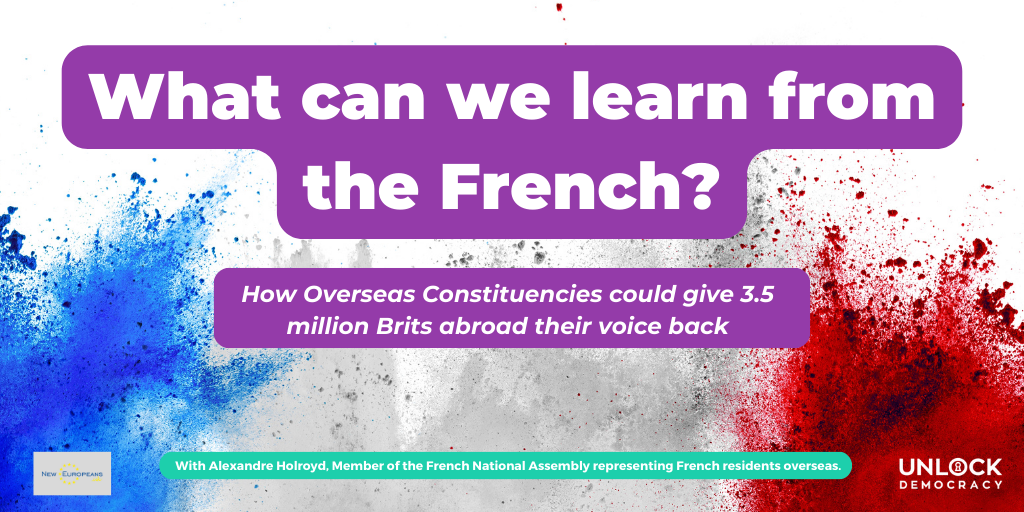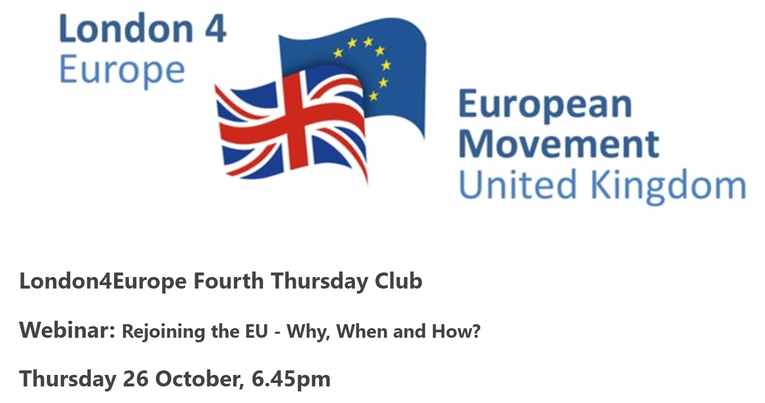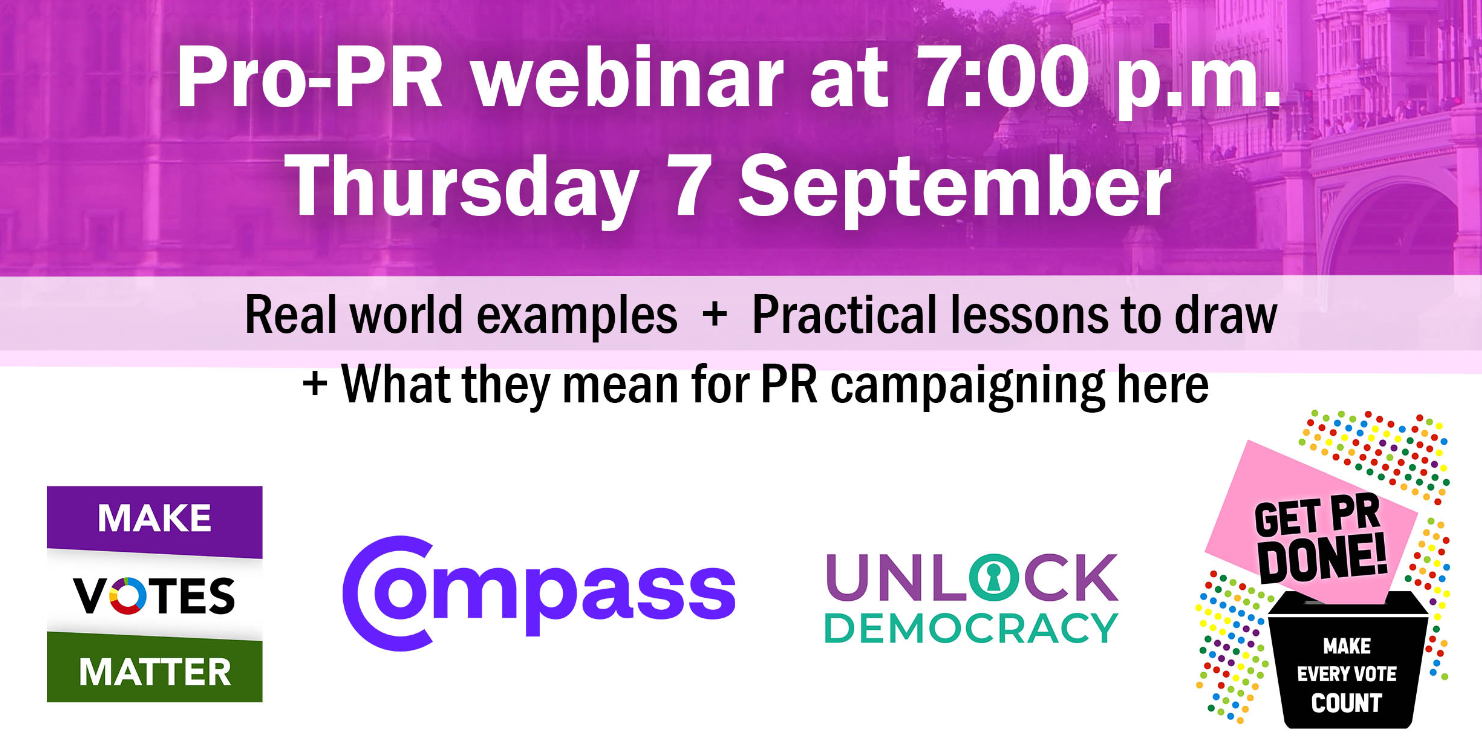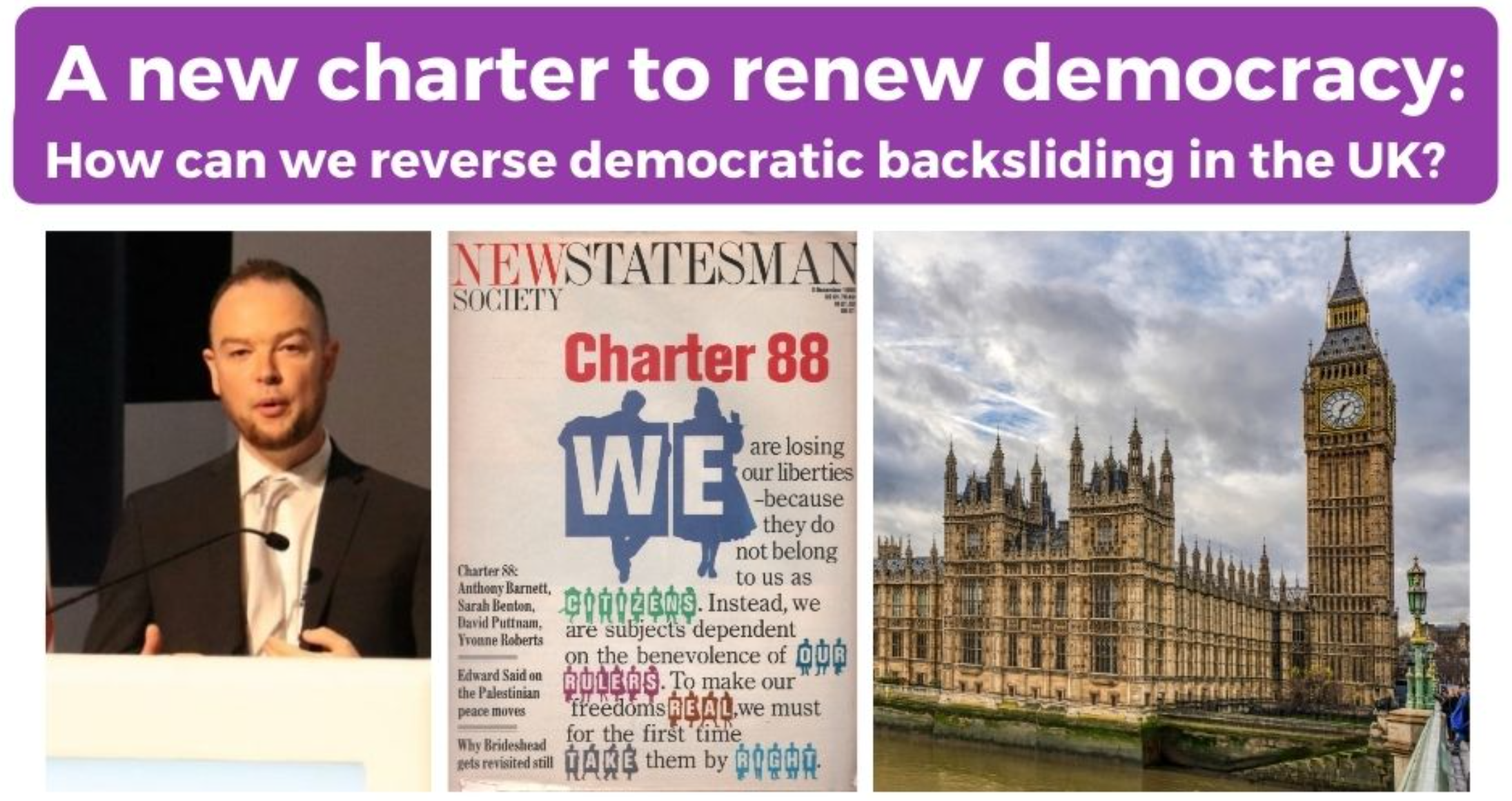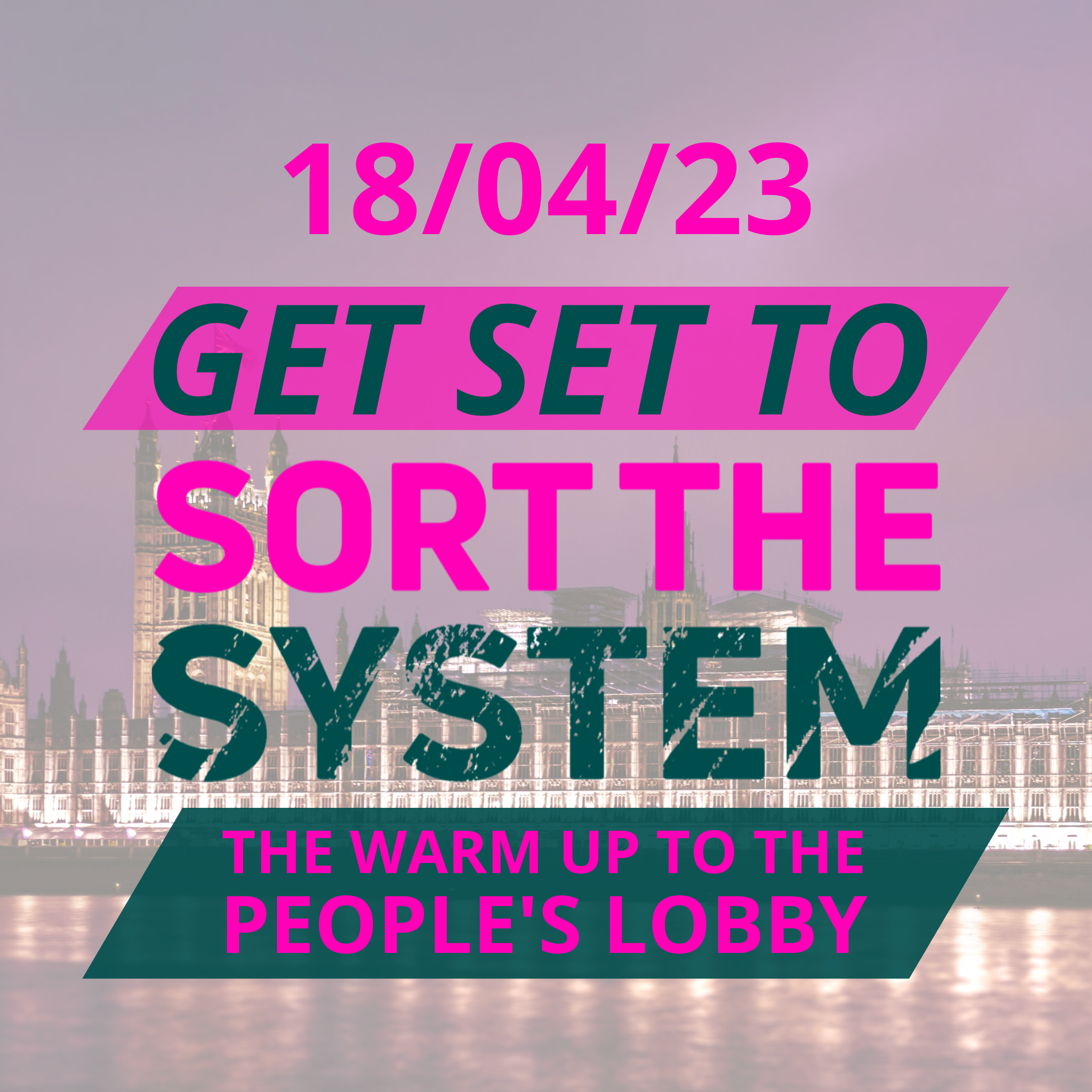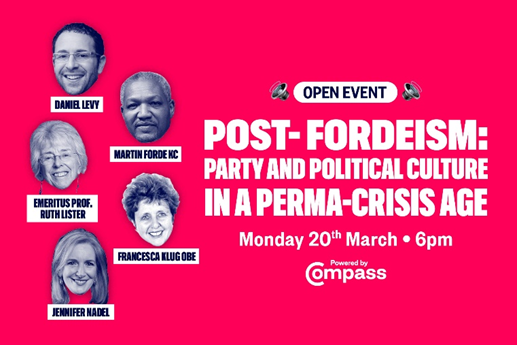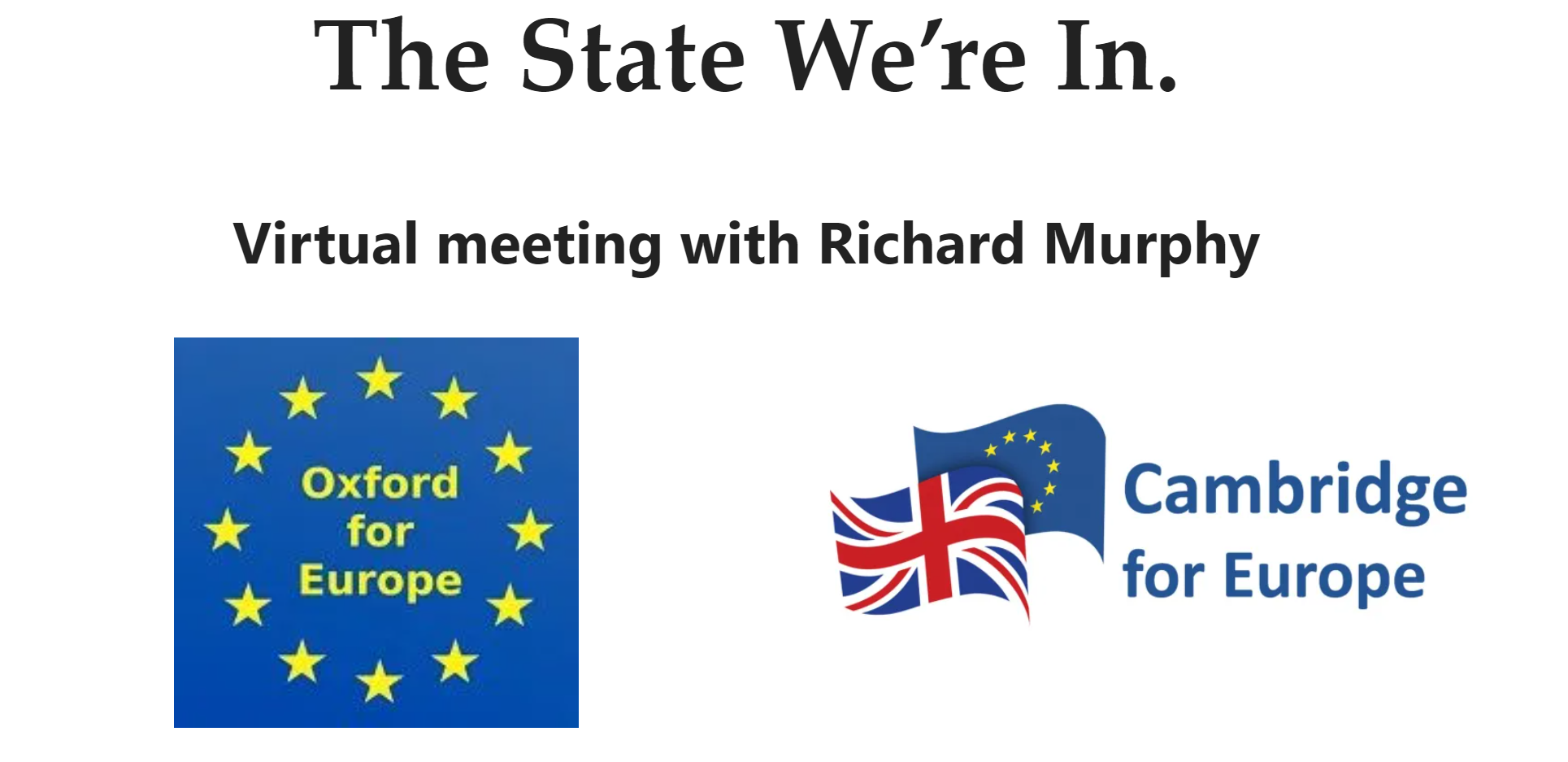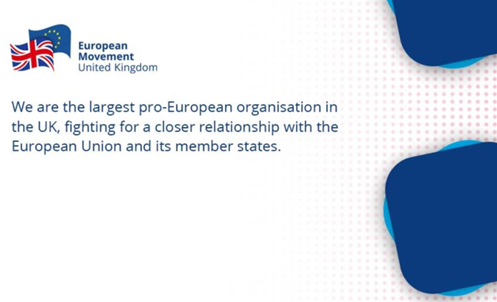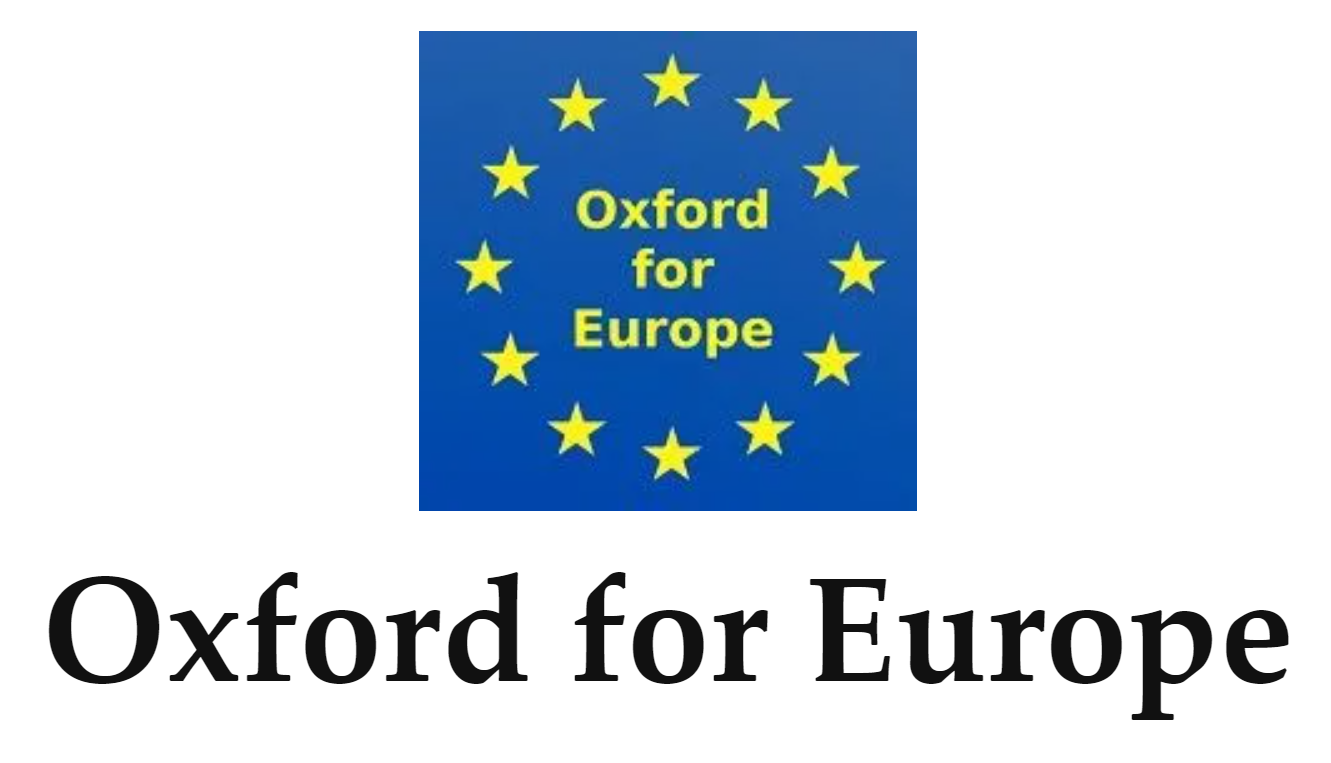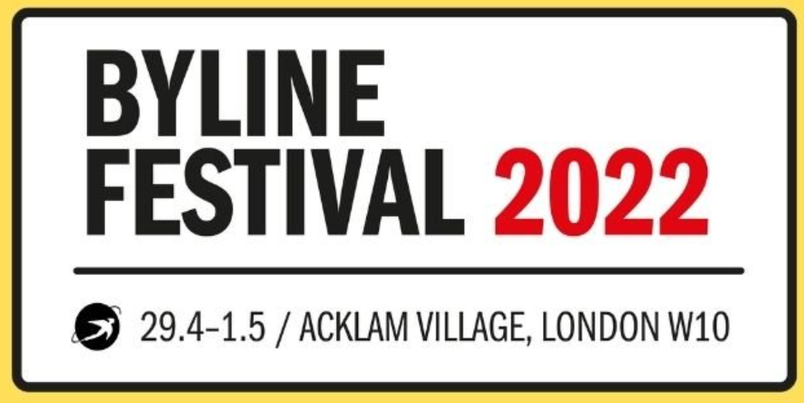
A Rose by Any Other Name?
Multi-millionaire, Richard Tice, has got his knickers in a twist over the definition of Reform UK, formerly known as the Brexit Party. Reform UK – or to give it its official Companies House title, Reform UK Party Limited – has been labelled as a far-right party, a description Tice says is both “defamatory and libellous”.
The BBC has been forced to apologise after labelling Reform UK a ‘far-right’ party in a recent news report. Honorary President and major shareholder, Nigel Farage, told GB News that he “hopes no other media outlets make the same mistake”. Whether Tice’s threat of legal action will extend beyond Britain’s shores to challenge any international media using the same label – such as Le Monde in France – remains to be seen.
Far-right definition
Wikipedia describes far-right politics, or right-wing extremism, as “a spectrum of political thought that tends to be radically conservative, ultra-nationalist, and authoritarian”, often with “nativist tendencies”. The site equates the far-right with fascism and Nazism, and includes the National Front, Britain First and the British National Party (BNP) on a list of far-right groups.
While all three groups have faced bans on social media, Tice’s concerns regarding Reform UK’s description are more likely of a financial nature. He fears that the far-right label could affect the party’s access to bank accounts, loans and mortgages.
Note for Richard Tice:
Reform UK is a far-right party!
Please sue me.#PleaseSueMeRichardTice
Pass it on. pic.twitter.com/nhSvZBW5hj
— The Purple Pimpernel (@Eyeswideopen69) March 19, 2024
MA rose by any other name?
While Tice may not like the characterisation by some of his party as far-right, his policies bear a striking resemblance to other groups that satisfy that description. It’s a familiar list that includes anti-immigrant rhetoric, low taxes and patriotic slogans – the “Let’s Make Britain Great” catchphrase being remarkably similar to the National Front’s “Make Britain great again”.
Of course, many of these kinds of policies, and this kind of language, can be heard even from our own government. On occasion, the Tories themselves have been labelled a far-right party, and there are certainly factions within government actively and deliberately pushing the party in that direction.
Splitting the populist vote
After Lee Anderson’s recent defection from the Conservatives to Reform UK, no doubt Tice & co. will be looking to encourage more like-minded populists to jump ship. Claims that he has been offering financial incentives to Tory MPs have been strenuously denied by Tice who said he was merely offering Anderson (back in November 2023), “the chance to change the shape of the debate”. A supposed offer – a guaranteed matching of MPs salary for five years – that Anderson refused at the time.
Tice clearly believes that the way to electoral success is by fighting the government on a populist front. With Reform UK now third in the latest Westminster Voting Intention polls on 14%, and Tories on just 20%, they must believe their plan is working. It may even result in them achieving an electoral first -something they never managed as the Brexit Party – representation in the House of Commons.
In a recent YouGov poll in January, the Conservative Party was “seen as being as right-wing as UKIP was” between 2014 and 2016. Between 2017 and 2019, UKIP was perceived as moving further to the right, with scores rising from 67 to 69 points. The Conservatives – having moved seven points more to the right when Boris Johnson took over – scored 62 points. As at October 2023, Reform UK scored 68 points, “notably to the right of the Conservatives”.
In the run up to the election, the Tories and Reform UK will no doubt continue to battle each other for the populist vote. With policies almost indistinguishable from one other, they’ll be unwilling to call out extremism from within their own ranks, while hypocritically denouncing it in each other. Both will likely at times be branded right-wing or far-right, whether they accept the characterisation or not.
If Reform UK, and the Conservatives, aren’t far-right parties, then what are they? Centre-right? Perhaps. Or at least, that’s what they would like the country to believe. As to which is the more right-wing of the two, you pays your money, you takes your choice.
Meanwhile, as the Tories and Reform UK focus their attentions on battling each other, Keir Starmer will be counting his lucky stars and enjoying the ride all the way to number 10. Hopefully, for the sake of the country, very few far-right-wing politicians will making that same journey to Westminster.
Sue Wilson MBE




